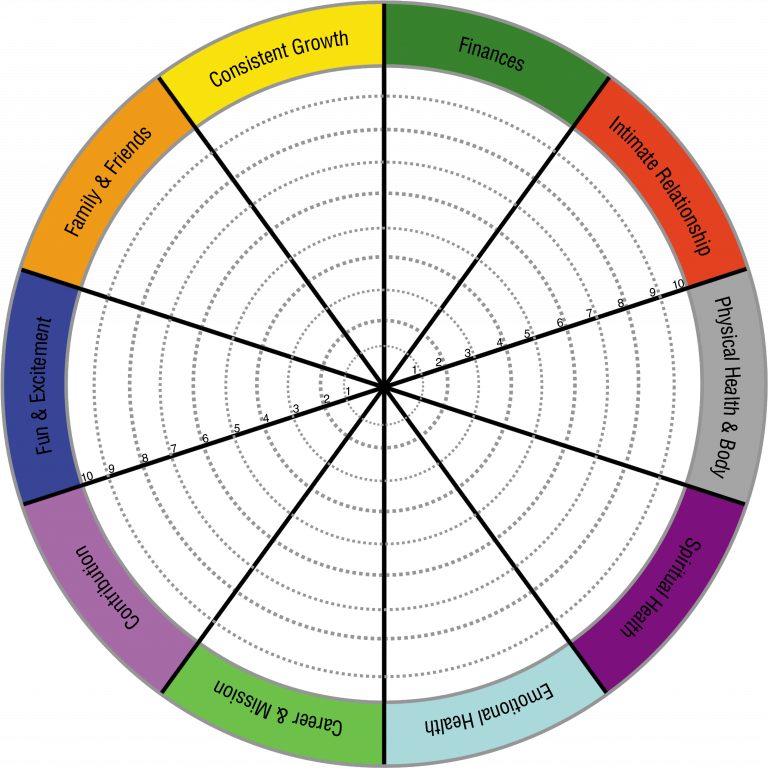INTRODUCTION
Procrastination is a universal challenge that has plagued individuals throughout history. Whether it’s delaying work assignments, postponing personal goals, or avoiding important tasks, the habit of procrastination can have profound effects on our productivity and overall well-being. In this blog post, we’ll delve into the causes of procrastination and explore effective solutions to overcome this common hurdle.
Causes of Procrastination:
- Fear of Failure: One of the primary causes of procrastination is the fear of failure. When the perceived expectations for a task are high, individuals may delay starting it to avoid the possibility of falling short.
- Lack of Motivation: A lack of intrinsic motivation can contribute to procrastination. If a task doesn't align with personal values or doesn't offer a clear reward, it becomes easier to put off.
- Perfectionism: Striving for perfection can be paralyzing. Perfectionists may delay starting a task because they fear not being able to meet their own high standards.
- Poor Time Management: Ineffective time management skills can lead to procrastination. When individuals struggle to prioritize tasks and allocate time appropriately, they may find themselves constantly playing catch-up.
- Task Aversion: Some tasks are inherently less enjoyable or more challenging, leading to task aversion. Procrastination can be a way of avoiding discomfort or unpleasant feelings associated with specific activities.
The Impact of Procrastination:
- Increased Stress: Procrastination often leads to last-minute rushes to meet deadlines, resulting in heightened stress levels. The cycle of delay followed by frantic catch-up can take a toll on mental and emotional well-being.
- Diminished Quality of Work: Rushing to complete a task under the pressure of a looming deadline can compromise the quality of the work. Procrastination may lead to suboptimal outcomes that could have been avoided with proper planning.
- Strained Relationships: Procrastination can also impact relationships, especially when it involves unmet commitments or delayed responsibilities. Friends, family, and colleagues may be affected by the consequences of postponed tasks.
- Impaired Personal Growth: Chronic procrastination can hinder personal and professional development. Delaying important goals and aspirations can prevent individuals from reaching their full potential.
Solutions to Overcome Procrastination:
- Break Tasks into Smaller Steps: Instead of viewing a task as a large, daunting whole, break it down into smaller, more manageable steps. Tackling one step at a time makes the overall process seem less overwhelming.
- Set Realistic Goals: Establish realistic and achievable goals for yourself. Unrealistic expectations can contribute to procrastination, so be honest about what you can accomplish within a given timeframe.
- Use the Pomodoro Technique: The Pomodoro Technique involves breaking work into intervals, usually 25 minutes, followed by a short break. This structured approach can enhance focus and reduce the temptation to procrastinate.
- Create a Schedule: Develop a daily or weekly schedule to allocate time for various tasks. Having a clear plan in place helps manage time effectively and reduces the likelihood of procrastination.
- Find Intrinsic Motivation: Connect tasks to your personal values and long-term goals. Understanding why a task is important on a deeper level can boost intrinsic motivation and make it less likely to be postponed.
- Combat Perfectionism: Accept that perfection is unattainable and that mistakes are part of the learning process. Embrace a growth mindset that values progress over perfection.
- Visualize the End Result: Envision the satisfaction and sense of accomplishment you will feel upon completing a task. Positive visualization can be a powerful motivator to overcome procrastination.
Conclusion:
Procrastination is a challenge that many face, but with awareness and proactive strategies, it can be overcome. By understanding the causes of procrastination and implementing practical solutions, individuals can break free from the cycle of delay and enhance their productivity and overall well-being. Remember, the key is to take small, consistent steps toward change, and over time, the habit of procrastination can be replaced with a more constructive and proactive approach to tasks and goals.


